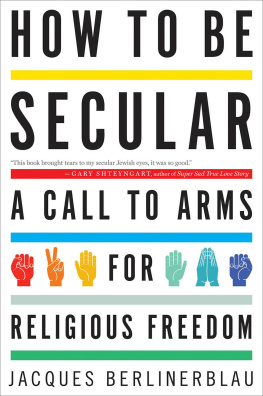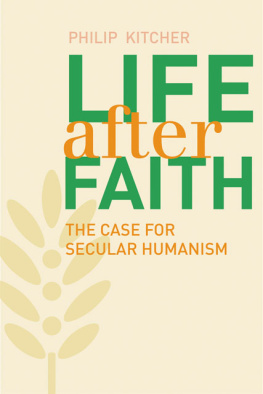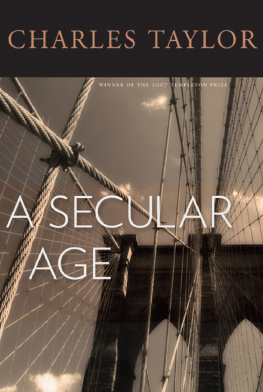Secular
Wholeness
Also by David Cortesi:
Inside CP/M
A Programmer's Notebook
Dr. Dobb's Z80 Toolbook
The Programmer's Essential OS/2 Handbook
Informix Guide to SQL: Tutorial
Silicon Graphics IRIX Device Driver Programmer's Guide
Secular Wholeness
A skeptic's paths to a richer life
David E. Cortesi



Contents
Chapter 2
.......................... 5
...................................... 15
.................................. 29
............... 47
......................................... 61
....................................... 77
........................ 103
............................. 125
.............................. 145
....................................... 189
.......................... 197
.............................................. 201
.......................................... 231
....................................... 249
............................... 255
Introduction
This book is a long answer to a short question. Here's the question: Can you build a vital, fulfilling life experience using methods and ideas that are purely secular, not based in religious doctrine?
If that seems like a pointless question to you, you are probably one of the majority of Americans who profess a religious belief. You naturally assume that when you need an answer to one of life's big questions, you'll find it in that belief - and probably you will. But some of us do not find any religion satisfactory, and I am one. Although I am content with my choice, when I watch people who diligently practice a religion, I see their practice yielding important benefits. I had to ask: are those benefits uniquely "religious" and so unavailable to people like me? Or do they have secular sources? Are all the routes to wholeness, to an integrated life practice, exclusively religious? Or can a secular life practice lead to a meaningful, satisfying life?
This book is my answer, to be shared with others who want to deepen their lives and who find religious ideas unhelpful.
If you are comfortable in a religious belief, understand that this book is about finding secular sources for things that your religious practice ought to be giving you. If you aren't getting them, I respectfully suggest you look deeper into your own faith. But you are certainly welcome to walk along with the rest of us on our quest!
The goods of religious practice
When I observe the life-styles of devout people, I see their religious practice delivering these important values:
The philosophical comfort of existential validity - in plain language, assurance that one is not an accident but an intentional creation, with a role in a great story.
The social and material support of a congregation of likeminded people.
The psychological benefits of contemplative prayer and meditation.
The emotional comfort of ritual.
For a few, the bliss of ecstatic union with the All.
Constant challenge to be a better person, to transcend one's limits.
The use of a predefined ethical system.
Fearless awareness of death and comfort in bereavement.
These are the benefits for which I hope to find secular sources. As a skeptic by inclination and training, I have been quite selective in my search. I only tell you about things I have personally tried, or things that are documented in respected scientific journals, or things that, like the philosophy of Epicurus, are both satisfying to common sense and visibly harmless.
Chapter summary
Here is what follows this Introduction:
Chapter 1 elaborates on the good things any religious practice should give to those who devotedly practice it.
Chapter 2 explores the philosophical and emotional implications of being a "mere accident" and shows how contingency can be turned into triumph.
Chapter 3 reviews the research that shows how crucial human contacts are to your life and health, and points out many techniques to improve them.
Chapter 4 introduces a single model incorporating meditation, contemplation, and prayer, and introduces simple meditation practices whose benefits have been documented.
Chapter 5 shows how pervasive ritual is in everyone's life, and suggests ways to take control of the rituals in your life.
Chapter 6 surveys the literature on the mystical experience, showing that it is probably a real, though rare, state of brain function; then takes up the tough question of whether the experience is worth pursuing.
Chapter 7 proposes that we cannot be taught heroes but have to discover them, each of us in an idiosyncratic way; but then says there are plenty of them to be discovered.
Chapter 8 tackles the problem of defining and justifying a personal ethical code, drawing elements from a wide range of traditions.
Chapter 9 urges the importance of facing up to death and bereavement, and shows ways to prepare for one and deal with the other.
Chapter 10 surveys the research on what makes people happy, and covers a number of strategies for becoming more happy.
Chapter 11 is about four radical techniques for making oneself more resilient in the face of disaster.
Notes and References
A numbered reference like thisl refers to one of the notes that begin on page 201. Some notes only give a citation for a quote or statement, but others expand on the main text, or shed a sidelight on it, or take off at a wild tangent to it. Your rule can be: if you want to know more about the sentence with the note, turn to the note; if not, skip it.
On page 231 you'll find a list of books that can take you deeper into any of the subjects I touch on. A bibliography of print and internet references follows it.
Acknowledgements
The following people made constructive or challenging comments on early drafts: Marian Cortesi, Gloria Gatlin, Katie Hover, Nancy Howe, Thane Plambeck, Pam Sogard, Jon Thompson. The book is far better for their input.
I was very fortunate to be able to wander amid the amazing riches of the Green Library at Stanford University; without it, I could never have finished this work.
1. Benefits of a Religious Practice
Even a perfunctory religious practice takes time, energy, and money. If a middle-class family only goes to church every Sunday, that still costs a few hours a week and a few hundred dollars a year - time and money for which any family could easily find other uses. A devout person's practice can dominate life with activities like prayer five times a day, or daily attendance at mass or temple. It takes as much as a tenth of one's income, and fills the remaining free time with voluntary activities such as being a reader or a deacon.

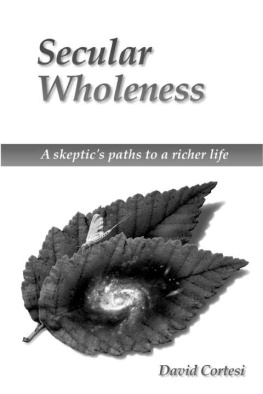
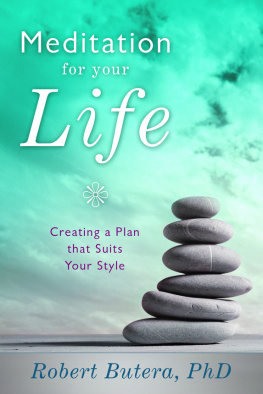
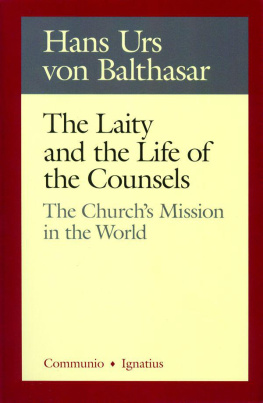
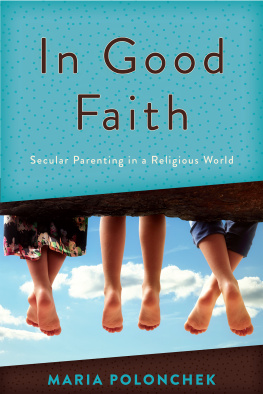
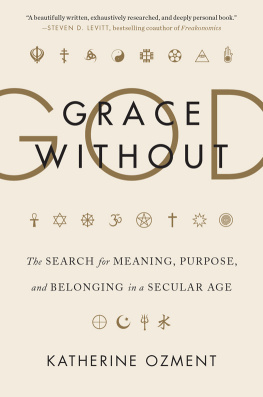
![Blackford - Freedom of religion [and] the secular state](/uploads/posts/book/167779/thumbs/blackford-freedom-of-religion-and-the-secular.jpg)

